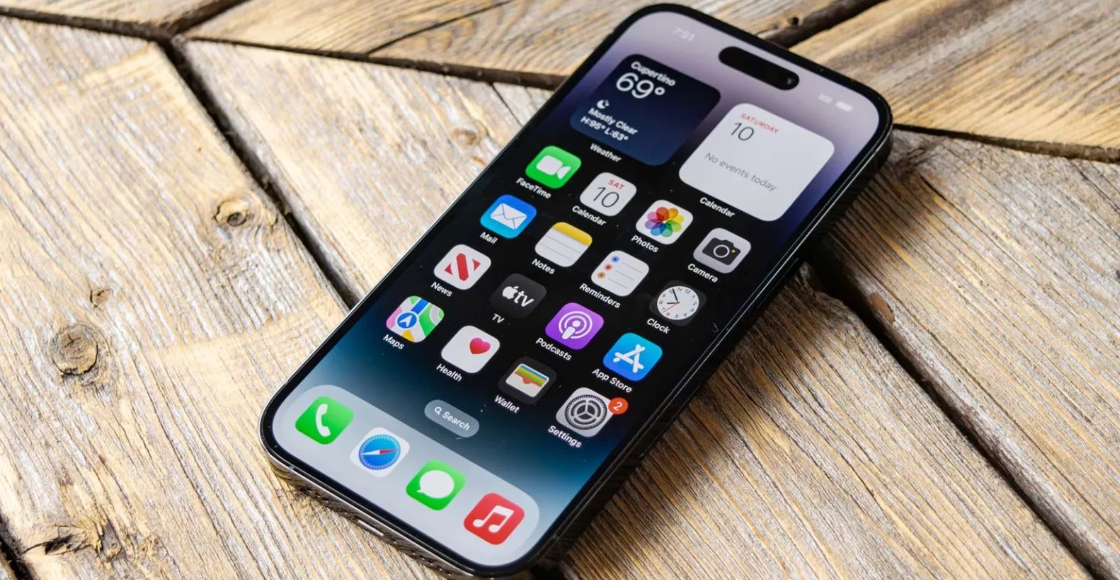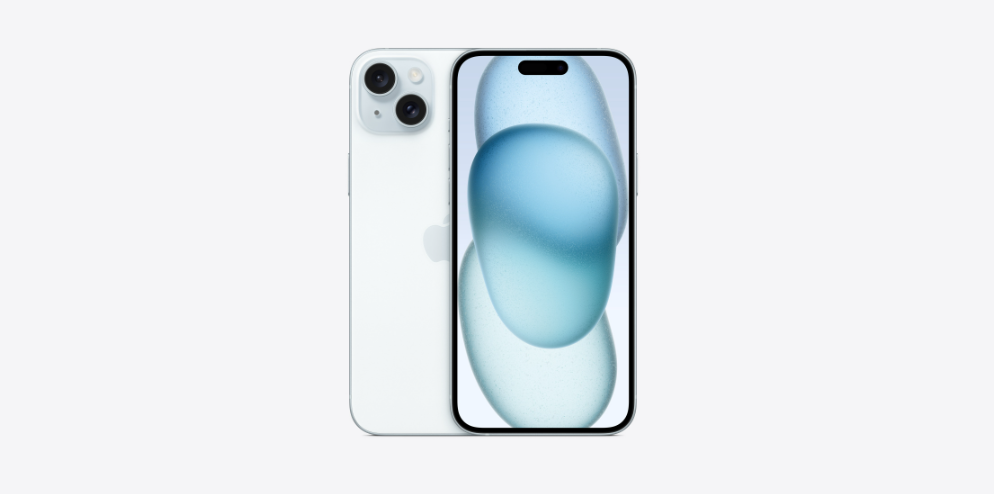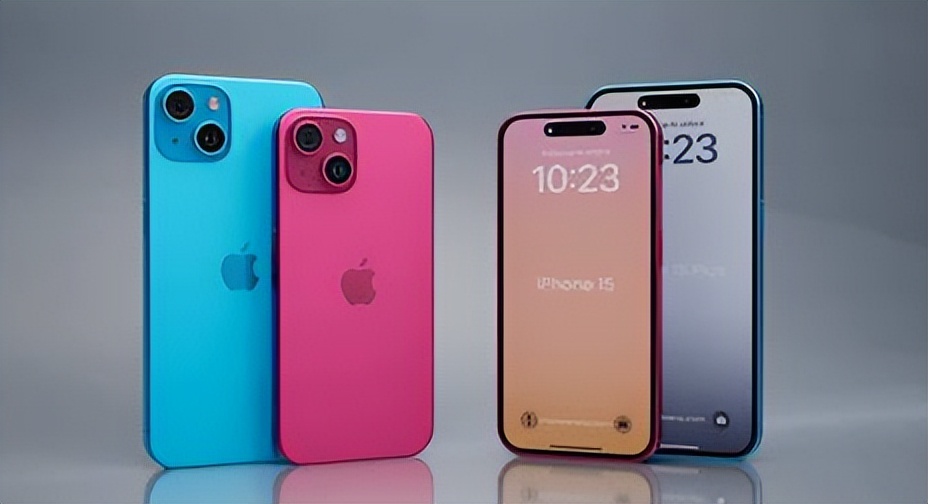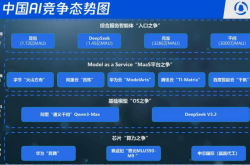Revealing Strength: Apple's Upcoming Revolutionary Products Over the Next Two Years
![]() 05/13 2025
05/13 2025
![]() 725
725
Apple has long been a pioneer in the mobile phone industry, popularizing features like fingerprint recognition and notched screens. While not the originator, Apple's adoption of these features undeniably spurred their widespread adoption across the industry. Competitors have meticulously mimicked not just the hardware but also the software aesthetics, down to the finest details. This imitation, regardless of its extent, has undeniably driven industry progress. However, Apple has also faced criticism for what some term as "squeezing toothpaste," implying a slowdown in innovation in recent years.
Realizing that resting on past achievements is no path to future success, Apple appears poised to make a comeback. Renowned insiders have hinted that Apple has been holding back significant announcements, with the next two years set to witness a flurry of groundbreaking product releases. Chief among these is the foldable iPhone, anticipated to debut alongside the iPhone 18 series in September 2026.

Amidst a sea of foldable screen phones, Apple aims to stand out with unique features. Rumors suggest that the foldable iPhone will boast a crease-free display. While this remains a technical aspiration, Apple is likely to ensure that creases are minimally visible, rather than completely absent, given their inevitability with repeated folding. Samsung, as the potential exclusive screen supplier, deserves credit for its advancements in this area.
Moreover, Apple has an even more ambitious product in the pipeline. Marking the 20th anniversary of the iPhone's launch in 2027, leaks indicate that Apple will unveil an all-glass iPhone devoid of any physical openings. This revolutionary design implies that both charging and data transmission will rely solely on wireless technology. Users will need to invest in more sophisticated wireless charging solutions, while Apple is expected to introduce cutting-edge technology to ensure swift and secure data transfers.

In addition to these iPhones, Apple plans to release smart glasses in 2027 that will rival competitors' offerings. Unlike the current Vision Pro headset, these glasses will be lighter and more affordable. This move seems aimed at maintaining Vision Pro's relevance amidst its high price and low production volumes, which hinder ecosystem expansion. A lower-priced, ecosystem-rich alternative is crucial for the product line's survival.
Furthermore, Apple is venturing into robotics, likely spurred by competitors' rapid advancements in the field. While the initial product may not be a humanoid robot and may not cater to the average user, it signifies Apple's commitment to exploring new frontiers. In AI, Apple is also making strides, planning to launch an AI server chip in 2027 and a revamped Siri powered by its own large language model. This shift away from third-party providers underscores Apple's ambition to enhance Siri's capabilities.

For Apple, these products herald a promising future. However, for many users, the allure of a more compelling iPhone remains paramount. What are your thoughts on Apple's upcoming innovations?








